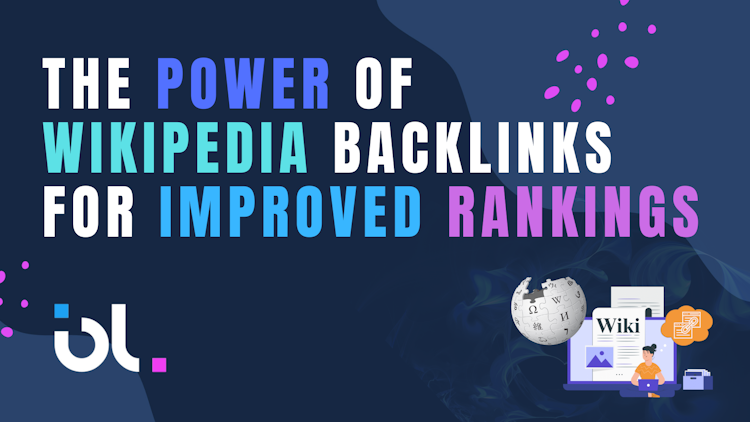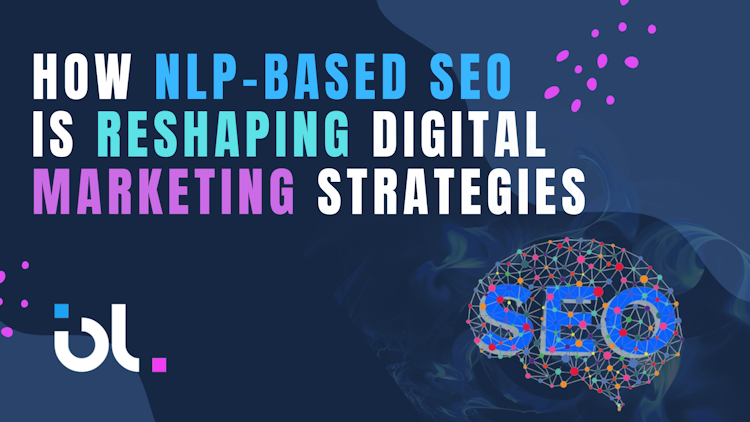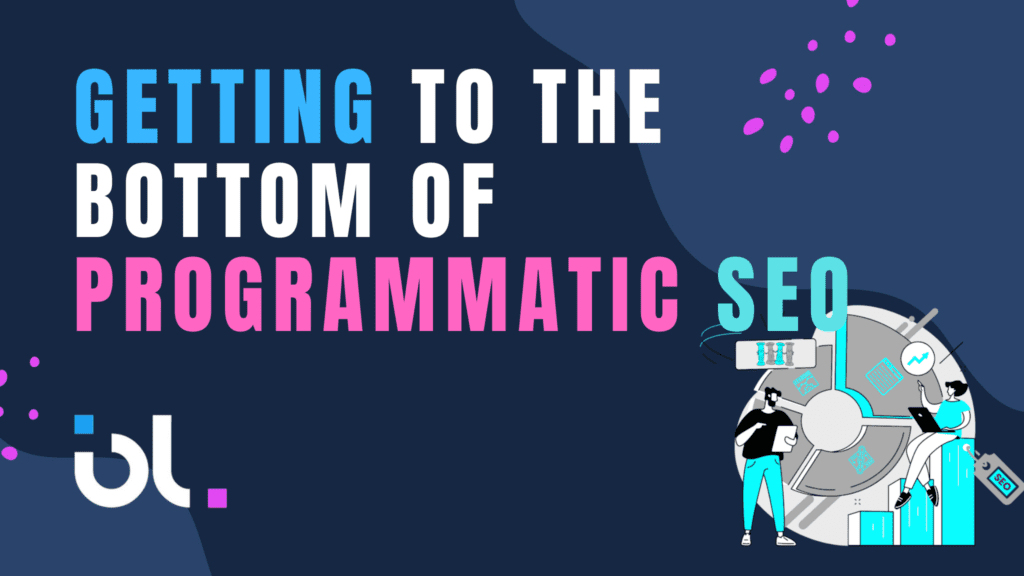In the ever-evolving world of digital marketing, the concept of Programmatic SEO has emerged as a game-changer, particularly for businesses operating in complex B2B sectors. In this article, we delve deep into Programmatic SEO, exploring its advantages and drawbacks in addressing intricate B2B topics. By the end, you’ll have a comprehensive understanding of this powerful tool and how it fits into the complex world of B2B marketing.
Understanding Programmatic SEO
Programmatic SEO is an advanced approach to search engine optimization that leverages automation and data-driven strategies to enhance a website’s visibility and relevance in search engine results. Unlike traditional SEO, which often relies heavily on manual efforts, programmatic SEO harnesses the power of technology to streamline processes and achieve more precise targeting.
The Role of Automation
Automation lies at the heart of Programmatic SEO. It involves the use of sophisticated tools and technologies that can perform tasks such as content creation, optimization, and even decision-making. This automation not only saves time but also allows for a more data-centric approach to SEO, resulting in better outcomes.
Pros of Programmatic SEO in Complex B2B Topics
Enhanced Efficiency
Handling vast amounts of content, which is common in complex B2B industries, can be a daunting task. Programmatic SEO’s ability to automate content generation, optimization, and distribution significantly improves efficiency. It facilitates data-driven decision-making, ensuring that every piece of content serves a strategic purpose.
Scalability
In the dynamic landscape of B2B, scalability is crucial. Complex B2B topics often require multifaceted content strategies that can adapt to changing industry dynamics. Programmatic SEO excels in this regard, making it easier to pivot and adjust strategies as needed to stay ahead in the competitive B2B space.
Precision Targeting
B2B audiences are diverse, and personalization is key to engagement. Programmatic SEO allows for precise targeting through segmentation, ensuring that your content resonates with different segments of your audience. This level of personalization can significantly improve engagement and conversion rates in complex B2B topics.
Improved ROI
Cost-effectiveness is a paramount concern in B2B marketing. Programmatic SEO can deliver substantial long-term benefits, making it a worthwhile investment. By automating repetitive tasks and optimizing content at scale, it reduces operational costs while delivering better results.
Cons of Programmatic SEO in Complex B2B Topics
Lack of Human Touch
While automation is a boon for efficiency, it can sometimes lack the human touch that makes content relatable and authentic. Striking the right balance between automation and human expertise is essential to maintain authenticity in complex B2B discussions.
Algorithm Dependency
The search engine landscape is constantly evolving, with algorithms undergoing frequent updates. Programmatic SEO can be vulnerable to these changes, potentially affecting rankings and visibility. Mitigating risks and maintaining stability requires ongoing adaptation to algorithm updates.
Data Privacy Concerns
In complex B2B industries, handling sensitive data is commonplace. Programmatic SEO raises concerns about data privacy, especially in regions with stringent regulations like GDPR. Businesses must implement robust data protection measures and compliance protocols.
Learning Curve
Transitioning from traditional SEO to programmatic SEO can be challenging. It demands skill development and training for SEO professionals to effectively navigate the world of automation, data analytics, and algorithmic dependencies.
Best Practices
Strategies for Effective Programmatic SEO in B2B
Balancing automation with human expertise is key to successful programmatic SEO. It’s essential to leverage data and analytics for data-driven decision-making and content optimization. Also, staying updated with the latest algorithm changes and industry trends is crucial for long-term success.
Challenges and Solutions
Navigating Content Complexity
Complex B2B topics require a nuanced approach. Strategies for simplifying intricate subjects while maintaining their depth can help strike the right balance in content creation.
Overcoming Algorithmic Uncertainties
Preparing for algorithm updates by diversifying SEO approaches and staying informed about industry changes is essential to mitigate risks associated with algorithmic dependencies.
Securing Data and Privacy
Implementing stringent data protection measures and ensuring compliance with privacy regulations is paramount, especially in B2B industries where sensitive data is prevalent.
Skill Development and Training
Investing in the training and skill development of SEO professionals is crucial for successfully transitioning to programmatic SEO.
In a Nutshell
Programmatic SEO has emerged as a powerful tool for businesses operating in complex B2B sectors. While it offers enhanced efficiency, scalability, precision targeting, and improved ROI, it comes with challenges like the lack of human touch, algorithm dependencies, data privacy concerns, and a learning curve. By implementing best practices and addressing these challenges, B2B marketers can harness the full potential of programmatic SEO to excel in their industry. The future outlook for programmatic SEO in B2B industries is promising, as it continues to evolve and adapt to the ever-changing digital landscape.




